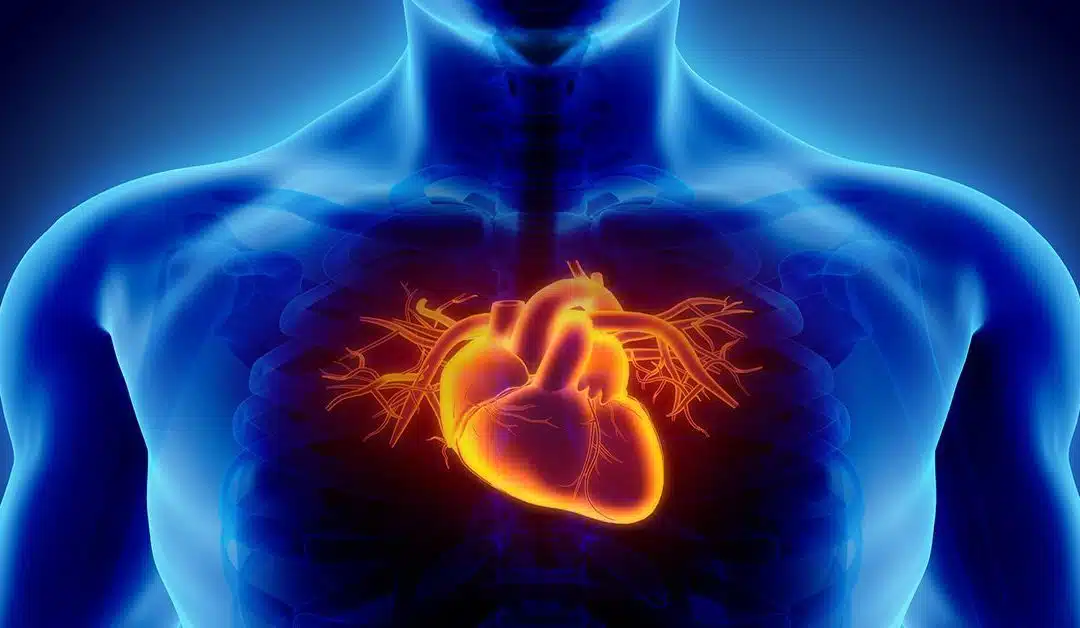Gut bacteria, also known as the gut microbiome, have been the subject of increasing research in recent years. The gut microbiome is made up of trillions of microorganisms that live in our digestive tract. These microorganisms play a crucial role in our overall health, including our immune system, metabolism, and even our mental health. In this blog, we will explore how gut bacteria can improve your health.
Gut Health & Digestion
First and foremost, gut bacteria play a significant role in digestion. They break down the food we eat, making it easier for our bodies to absorb the nutrients we need. Additionally, gut bacteria produce short-chain fatty acids (SCFAs) that can reduce inflammation in the body. According to a study published in the journal Nature Communications, SCFAs produced by gut bacteria can also improve insulin sensitivity and regulate blood sugar levels, potentially reducing the risk of type 2 diabetes.
Gut Health & The Immune System
Secondly, gut bacteria can influence our immune system. Research suggests that the gut microbiome can communicate with our immune cells, regulating their activity and helping to prevent infections. Studies have also linked certain strains of gut bacteria with a lower risk of autoimmune diseases such as rheumatoid arthritis and multiple sclerosis.
Gut Health & Mental Health
Thirdly, gut bacteria can affect our mental health. Research has found a link between the gut microbiome and conditions such as anxiety and depression. In a study published in the journal Scientific Reports, researchers found that people with depression had less diverse gut bacteria compared to those without depression. The study also found that supplementing with probiotics (beneficial bacteria) improved symptoms of depression.
Gut Health & Metabolism
Fourthly, gut bacteria can impact our weight and metabolism. Research suggests that the gut microbiome may play a role in regulating our appetite and metabolism, potentially affecting our body weight. According to a study published in the journal Cell Host & Microbe, gut bacteria can also affect our response to exercise, with certain strains of bacteria promoting better exercise performance.
Gut Health & Disease Prevention
Finally, maintaining a healthy gut microbiome can be crucial for overall health and disease prevention. Certain lifestyle factors, such as a poor diet and stress, can negatively impact the gut microbiome. Conversely, eating a healthy diet rich in fiber and fermented foods can promote the growth of beneficial gut bacteria. Additionally, taking probiotics or prebiotics (substances that promote the growth of beneficial bacteria) can also support a healthy gut microbiome.
In conclusion, gut bacteria play a crucial role in our overall health. They can improve digestion, regulate the immune system, impact mental health, affect our weight and metabolism, and promote disease prevention. Therefore, it is essential to take steps to maintain a healthy gut microbiome, including eating a healthy diet and taking probiotics or prebiotics. By doing so, we can optimize our health and well-being.
References:
- Zhang, Y. et al. (2020). Short-chain fatty acids in control of energy metabolism. Nature Communications, 11, 1-12.
- Belkaid, Y. & Hand, T. W. (2014). Role of the microbiota in immunity and inflammation. Cell, 157(1), 121-141.=
- Leech, J. (2021). 8 Health Benefits of Probiotics. Healthline. Retrieved from https://www.healthline.com/nutrition/8-health-benefits-of-probiotics.
- Zheng, P. et al. (2019). Gut microbiome remodeling induces depressive-like behaviors through a pathway mediated by the host’s metabolism. Molecular Psychiatry, 24, 1-14.
- Allen, J. M. et al. (2018). Exercise alters gut microbiota composition and function in lean and obese humans. Cell Host & Microbe, 23(2), 1-11.








